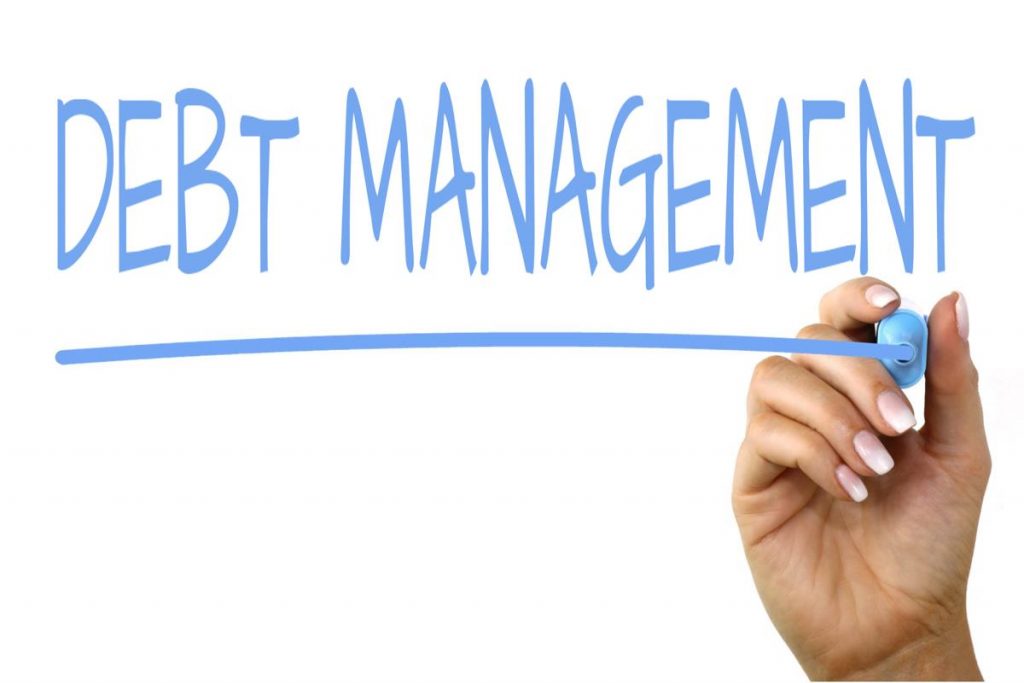How Debt Review Works

Drowning in debt? You’re not alone. Many of South Africans are battling to meet their financial commitments.
If your monthly repayments on your house, car, credit cards and other accounts have risen so high that you’re facing blacklisting, one option is to go into debt counselling or debt review.
The debt review process was introduced in 2007 with the National Credit Act (NCA). The benefit is that, while you’re getting debt counselling and in the process of paying off your debts, legal action can’t be taken against you.
Bear in mind that you can only take advantage of this process if you have a regular income to develop a reasonable repayment plan.
And remember that there is a rejection fee plus VAT if the debt counsellor decides that you can manage your debt, so you really must be in a bad financial situation.
How it works
1. Find a debt counsellor. Your debt counsellor should be registered with the National Credit Regulator (NCR). At Debtline we have a team of NCR-registered debt counsellors who are ready to assist you on your road to financial freedom.
2. Give your payslip, your ID document and all your monthly repayments to the debt counsellor. You’ll also need to provide a monthly budget of other expenses, such as food and petrol.
3. The debt counsellor will work out if you are over-indebted (if your payments are simply unaffordable on your current income).
4. The debt counsellor will crunch the numbers with you and work out how much you need to live on and what is available to repay debts.
At this point, you’ll be able to officially apply for debt counselling, and the NCR-registered debt counsellor will tell you what the costs are:
- an application fee;
- a rejection fee (to weed out frivolous applications);
- a restructuring fee;
- a small monthly fee;
- a legal fee that is needed for the consent order in the second month; and
- a fee if you withdraw from the process later on.
All of this MUST be explained to you thoroughly, and you MUST ask questions if you have any.
5. The debt counsellor will then contact all your credit providers on your behalf and check that you’ve got all the amounts right. He or she will also get hold of the credit bureaus and tell them to list you as being under debt review.
This is NOT like a blacklisting – it’s a protection. It will be removed completely once you’ve paid everything off.
If all the credit providers agree with the repayment proposals offered by the debt counsellor, a legal ‘consent order’ will be obtained. In many cases this could mean a reduction in fees and interest payable by the consumer. This means that the terms have been agreed to and can’t be changed independently by any of the credit providers.
Should one or more of the credit providers not like the terms, the debt counsellor will have to approach a magistrate with the proposed debt repayments to get a court decision. As long as the repayment plan is reasonable, it should be approved by the court.
6. Once an agreement has been reached, the debt counsellor will give you your final repayment plan and also submit it to a Payment Distribution Agency.
This agency will take a lump sum from you each month and split it up between the credit providers, according to the repayment plan.
Your obligation is to keep up the monthly payments until such time as the whole amount has been paid off.
Read: What happens if you skip a debt review payment
Who is Debtline?
Debtline is a debt management company with an NCR-registered team of debt counsellors available to assist South Africans. We can help with debt repayment negotiations, provide expert advice, and provide protection throughout the Debt Review process.
Fill in the contact form on the website to receive a free callback from the Debtline team today.